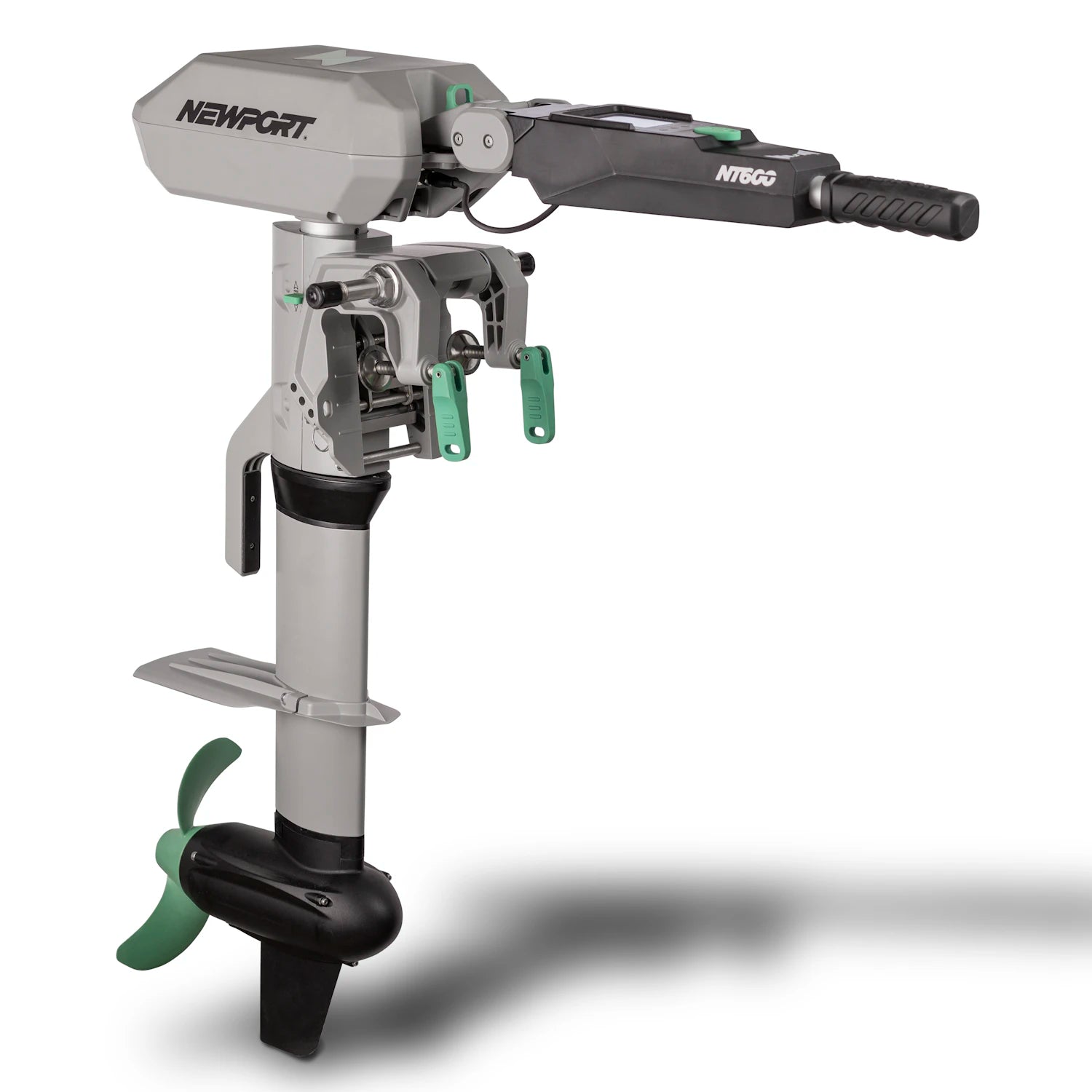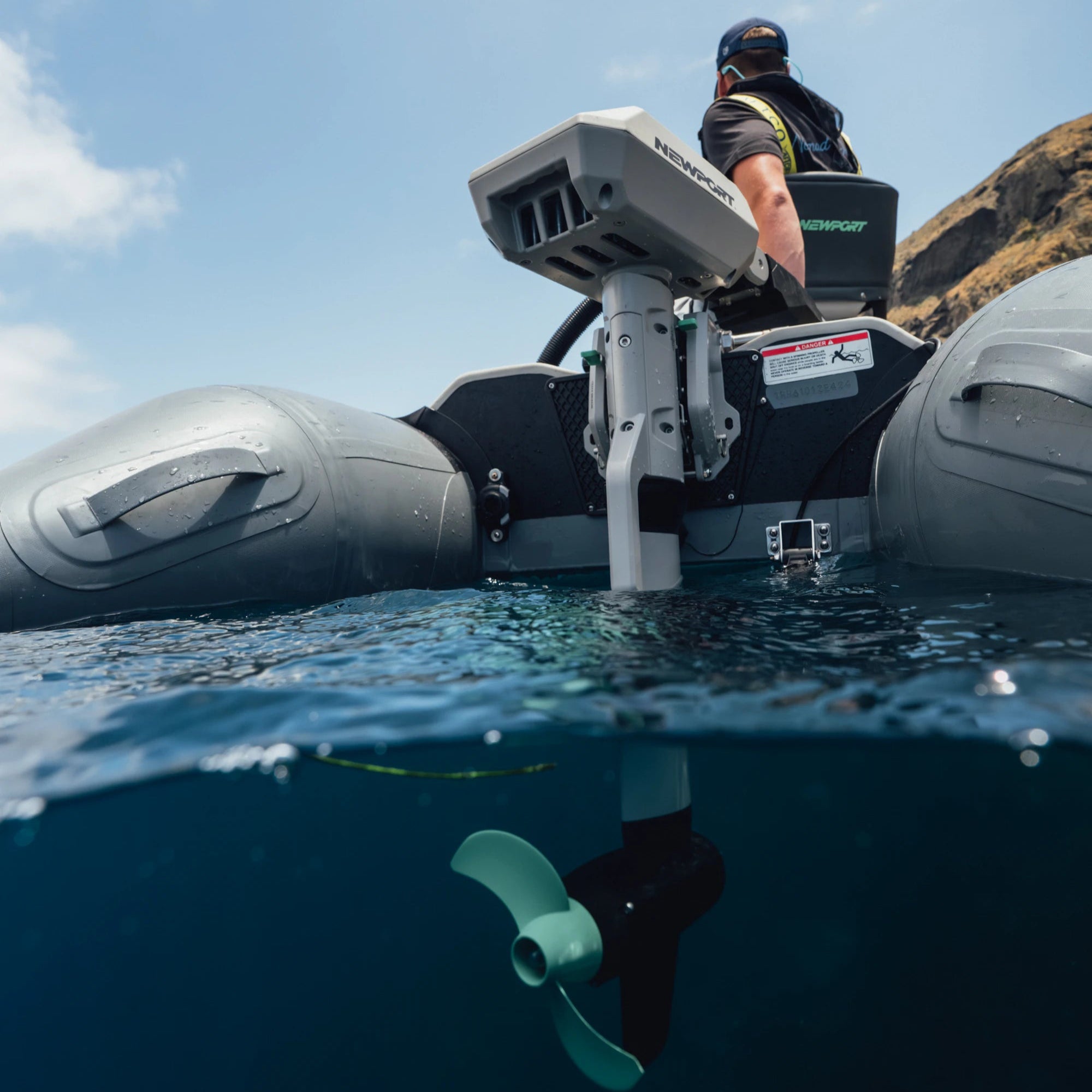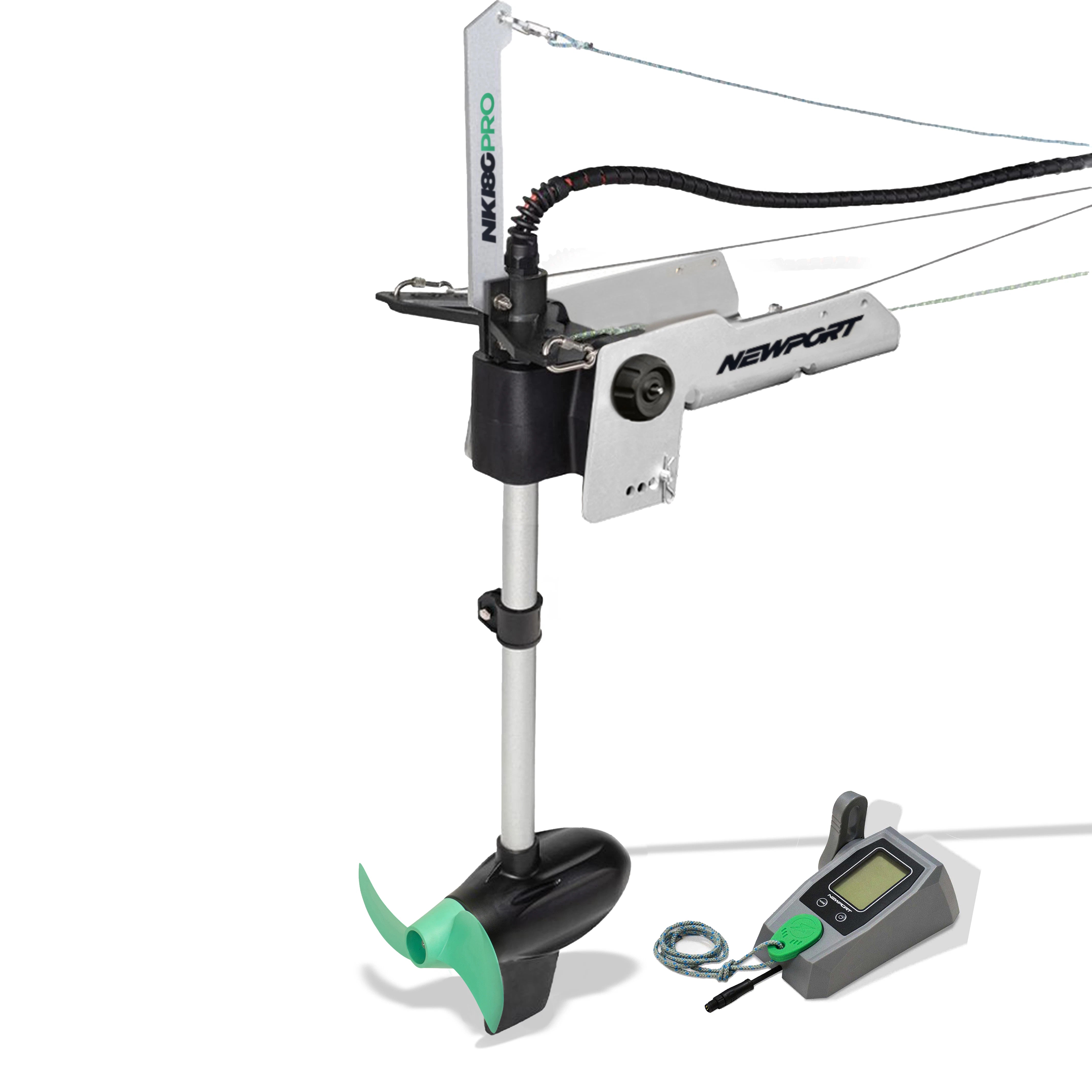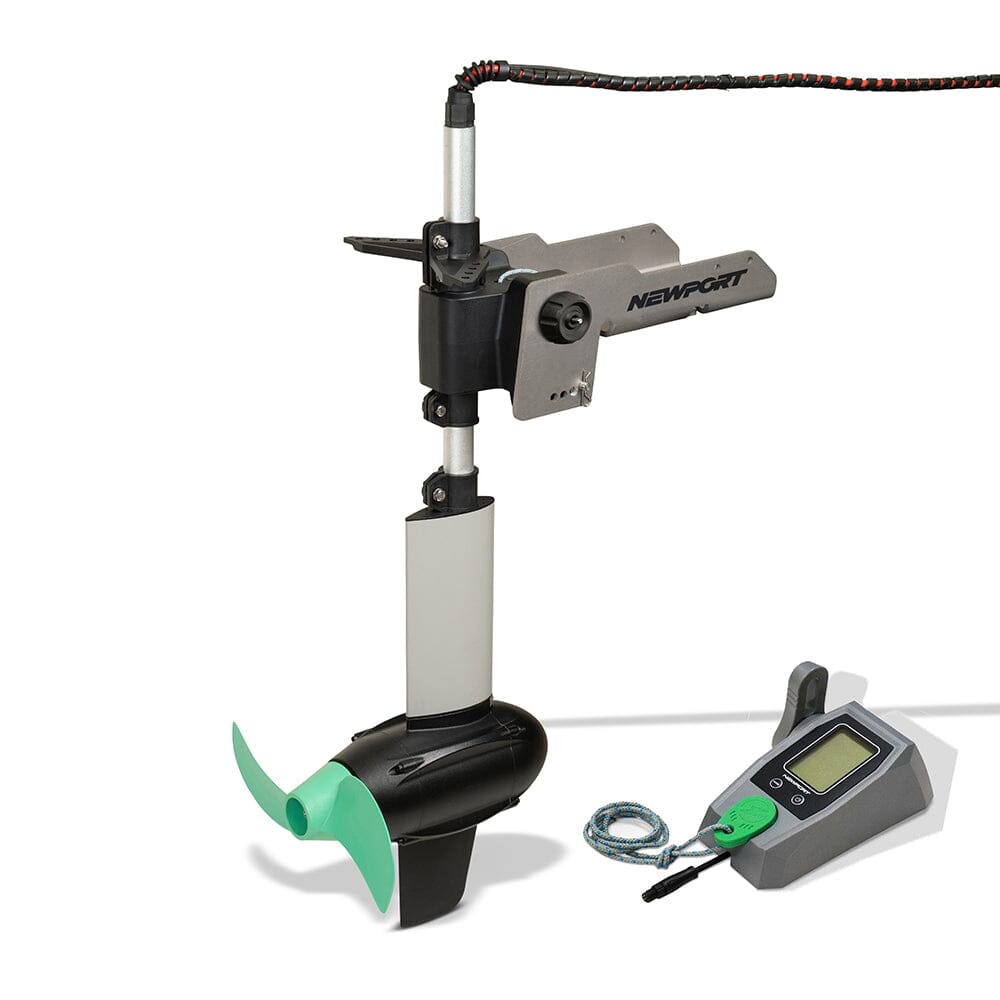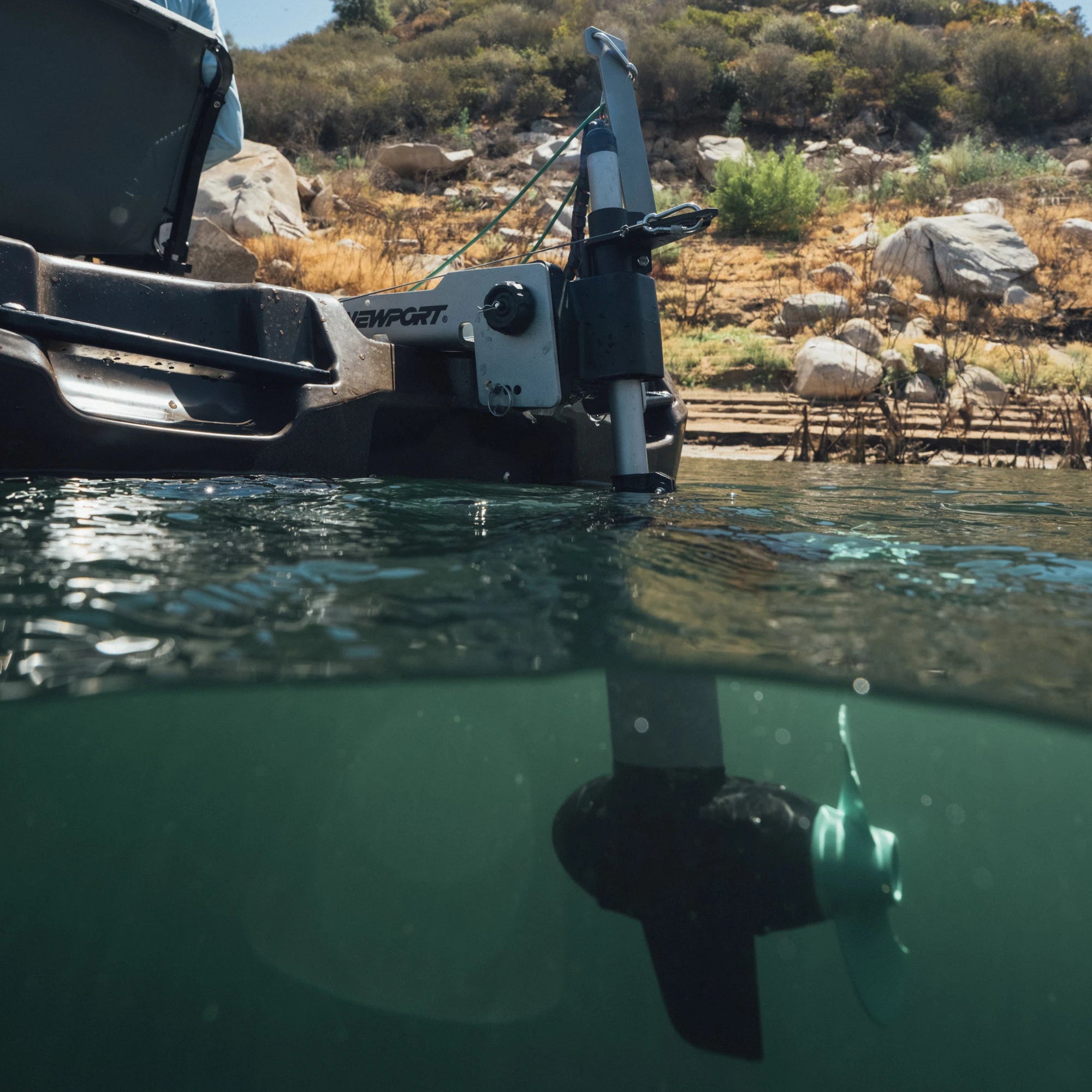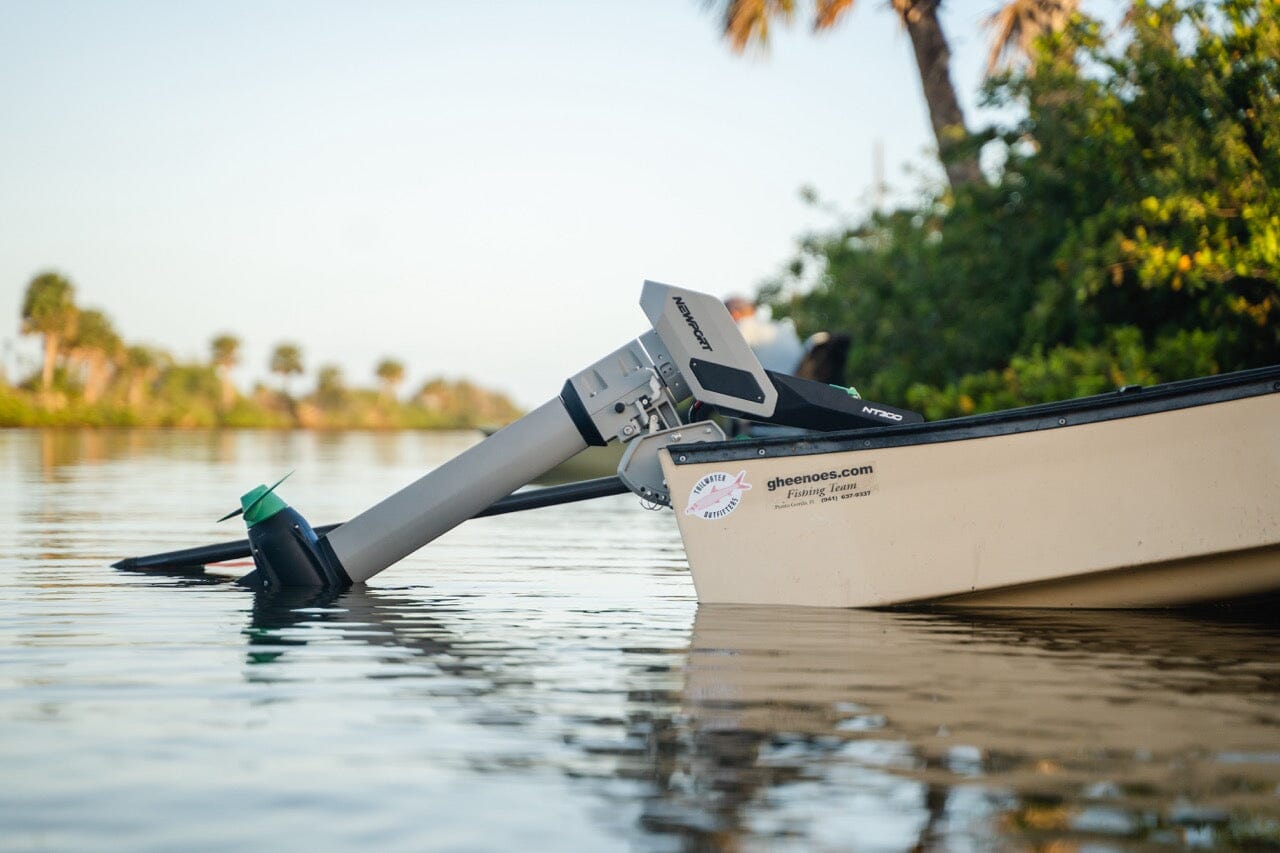Exploring the Significance of Electric Outboards in the Future of Angling
In the ever-evolving landscape of angling technology, the advent of electric outboard motors has sparked a revolution in how anglers approach their craft. Gone are the days when traditional gas-powered outboards ruled the waters unchallenged. Enter the NT300, a brushless electric outboard motor that's rewriting the playbook on torque, speed, and maintenance, offering anglers a new realm of possibilities on the water.

Torque: Dominating the Waters with Precision Control
Traditionally, the torque of gas outboards has been the benchmark for powering through currents and navigating challenging waters. However, the NT300 brings a new dimension to this aspect. With its advanced brushless motor technology, the NT300 delivers impressive torque that rivals, and in many cases, surpasses that of its gas counterparts.
Electric motors, particularly brushless ones like the NT300, deliver consistent torque across a wide range of speeds. This means anglers can count on steady and reliable performance, even in adverse conditions. Whether battling against strong currents or maneuvering through tight spots to position your perfect cast, the NT300's torque ensures anglers have the power they need to tackle any condition.
Speed: Acceleration is the Key to Precision Control
Speed is a crucial factor for anglers looking to cover more water and reach their favorite fishing spots efficiently. While gas outboards have long been associated with high speeds, the NT300 challenges this notion with its rapid acceleration and impressive top-end speeds for a motor of it's class.
One of the standout features of the NT300 is its ability to deliver instant torque and rapid acceleration, allowing anglers to reach their desired speed quickly without the lag commonly associated with gas engines. This means less energy spent controlling your speed and more time zoned in on the hunt for fish.
Furthermore, the NT300's electric propulsion system provides a smooth and quiet ride, enhancing the overall angling experience without disturbing the natural surroundings or spooking fish.

Maintenance: Simplifying the Angler's Life
Maintenance is an unavoidable aspect of owning any outboard motor, but the NT300 aims to make this task as painless as possible for anglers. Unlike traditional gas outboards with complex internal combustion engines, the NT300's brushless electric motor requires minimal maintenance.
With fewer moving parts thanks to the brushless technology, and no need for fuel, oil changes, or spark plugs, the NT300 offers anglers a hassle-free ownership experience. Routine maintenance tasks are reduced to fresh water mist, simple checks and occasional lubrication, allowing anglers to spend more time on the water and less time wrenching on your outboard.
The Superiority of Brushless Electric Motors for Anglers
In the looming debate between traditional gas outboards and electric alternatives like the NT300, it's clear that brushless electric motors offer a multitude of benefits for anglers. From superior torque and rapid acceleration to minimal maintenance requirements, the NT300 represents the pinnacle of electric propulsion technology in the small boat angling world.

With its silent operation, environmental friendliness, and impressive performance, the NT300 is not just a viable alternative to gas outboards—it's a game-changer. Anglers who embrace this innovative technology stand to gain a competitive edge on the water while enjoying a more enjoyable and sustainable fishing experience.
As the angling community continues to embrace the shift towards electric propulsion, the NT300 stands as a shining example of what the future holds for anglers and fisheries worldwide. With its unmatched performance and undeniable benefits, it's clear that the days of traditional gas outboards are numbered, and the era of electric propulsion is here to stay!
THE WAY FORWARD IS ELECTRIC!

